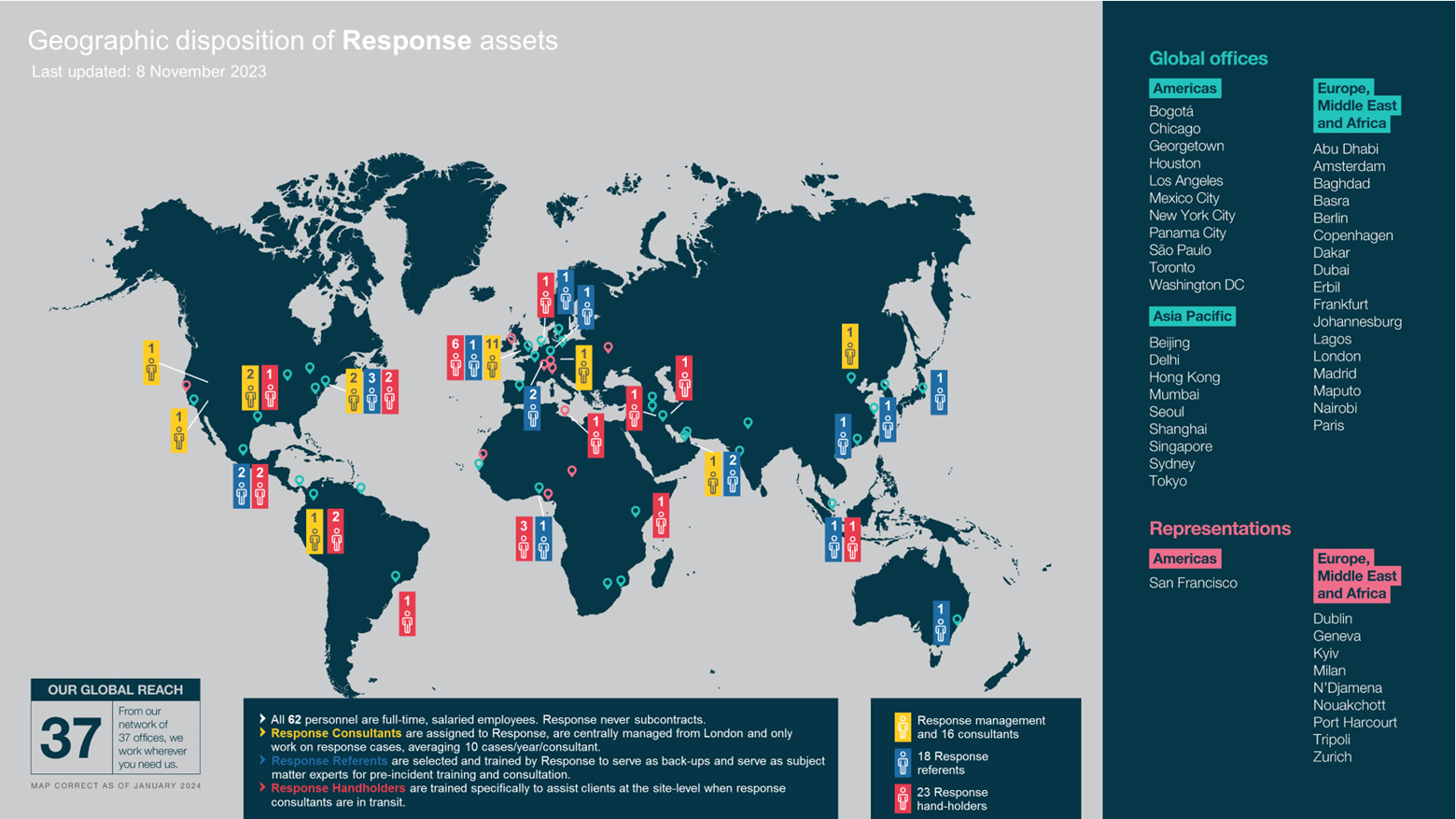Logistics Riskopolis

Let us help reveal these hidden risks! Great American Cyber Riskopolis Series uses an interactive, illustrative platform to provide examples of the variety of exposures, specific to your client’s operations, that may be financially threatening to businesses.
Take a look at the lurking dangers – are your clients protected from the exposures depicted below?
Cyber risk insurance is crucial for businesses to protect against financial and operational impacts from various cyber threats in the logistics industry. Companies could face social engineering attacks, ransomware, data loss and system failures. Having cyber insurance could provide a safety net to cover costs associated with data recovery, business interruptions and other cyber-crime related incidents.

1. Social Engineering:
Companies often pay bills electronically and confirm payment details through email exchanges. Any online transaction is susceptible to social engineering attacks. Even if criminals do not infiltrate a firm’s computer network, they can craft emails that appear to be from an authorized company officer, directing the accounts payable department to wire funds to a criminal’s account. Criminals may monitor social media to see when the authorized officer is out of the office on vacation and unable to verify or stop the fraudulent instructions. According to the latest FBI data, thieves are making off with billions of dollars from this type of attack. In 2020, hackers targeted a Chinese Company. The attackers successfully tricked employees into providing access to the company’s financial systems, which they then exploited to initiate fraudulent wire transfers, resulting in significant financial losses for the company. Train employees to recognize red flags in emails and phone calls. Implement multi-factor authentication (MFA), strong email authentication protocols, and encourage verification of any suspicious requests, regardless of the sender's apparent authority.

2. Hackers:
Hackers are relentless, targeting businesses and individuals alike. Some steal confidential data to sell on the black market, fueling identity theft. Others unleash ransomware attacks, encrypting data and demanding hefty ransoms in cryptocurrency. eRisk Hub reports that Maze ransomware is the kingpin, averaging over $2 million in ransom demands. For logistics companies, the median ransom is a daunting $229,561, with Hive and Lockbit close behind Maze. Fortunately, businesses can fortify their defenses with a layered security approach. Firewalls and intrusion detection systems (IDS) act as vigilant guards, filtering traffic and identifying suspicious activity. Regular software and firmware updates patch vulnerabilities that hackers love to exploit. Finally, multi-factor authentication (MFA) adds an extra layer of security by requiring a second verification step beyond passwords.

3. Corrupted Data:
Data loss could be caused by employee mistakes, technical glitches, or cyberattacks. The consequences? Disruptions, financial losses, and the potential need for expensive data recovery—a costly undertaking that could be insured under a cyber policy with that type of coverage. A business interruption loss might also be incurred due to lost or corrupted data. Enforce data backup policies to create regular copies of crucial information. Train employees on proper data handling procedures. Consider cyber insurance coverage for data recovery expenses.

4. Contingent System Failure:
When a client or vendor uses external computer networks to operate their businesses, there is a risk of contingent system failure. If those external networks stop, a company may not be able to receive or fulfill orders, creating a business interruption loss not covered by a property policy. Conduct risk assessments of third-party vendors to understand their cybersecurity practices. Negotiate contractual clauses that hold them accountable for maintaining adequate security measures. Explore alternative or redundant systems to minimize reliance on a single external network.

5. Inoperable Electronic Logging Devices:
The Electric Logging Device mandate by the Federal Motor Carrier Safety Administration (FMCSA) requires many companies to use ELDs to track drivers. Hackers can render these ELDs with malware or ransomware, forcing drivers to halt operations and potentially causing significant business disruptions and fines. Investing in secure ELDs with regular updates and training drivers on cybersecurity best practices are crucial steps to prevent such scenarios.

6. Varying State Laws:
The transportation and logistics industry faces a unique challenge: a web of state and federal privacy laws governing customer data. These laws vary significantly, and compliance hinges on the customer's location, not the company's headquarters. Navigating this requires significant legal expertise, which could be a major hurdle for many companies. Fortunately, resources exist to help. The Department of Transportation (DOT) offers a wealth of cybersecurity resources specifically designed for the transportation industry. These resources provide guidance on data protection and best practices for complying with various regulations, acting as a valuable roadmap for navigating this complex landscape.

7. Errors by Contractors:
Many transportation firms do not have well-funded network security departments, so these functions are often outsourced. While outsourced experts may be highly qualified, they can also make mistakes. An organization will still be held accountable by regulators and customers, even if the network security error was committed by a contracted IT vendor or managed service provider. To help mitigate these risks, conduct thorough due diligence when selecting IT security vendors. Ensure they have a proven track record and prioritize cybersecurity best practices.

8. Telematics/ Autonomous vehicle security:
Telematics systems, while offering a treasure trove of data for fleet management, introduce a new layer of cybersecurity concerns. These systems, constantly collecting and transmitting information about vehicles, create potential entry points for hackers. Another problem in the industry is the intro of autonomous vehicles (AVs), a critical challenge emerges for cybersecurity. Unlike traditional cars with their reliance on mechanics, AVs are powered by complex software for navigation, decision-making and control. This heavy software dependence creates a vulnerability – weaknesses in the code could be exploited by hackers, potentially leading to disastrous consequences. The data collected by AVs presents another security concern. These vehicles gather a vast amount of information about their surroundings, including sensor data, location information, and potentially even passenger data. This sensitive data becomes a target for hackers who could exploit it for malicious purposes. These risks highlight the critical need for robust cybersecurity measures in the development and deployment of such services.
Contact our Cyber Risk Team Today!
There are significant moving pieces when it comes to logistics, having cyber risk insurance could be an added safety net for your industry. Talk to our team of experts.














